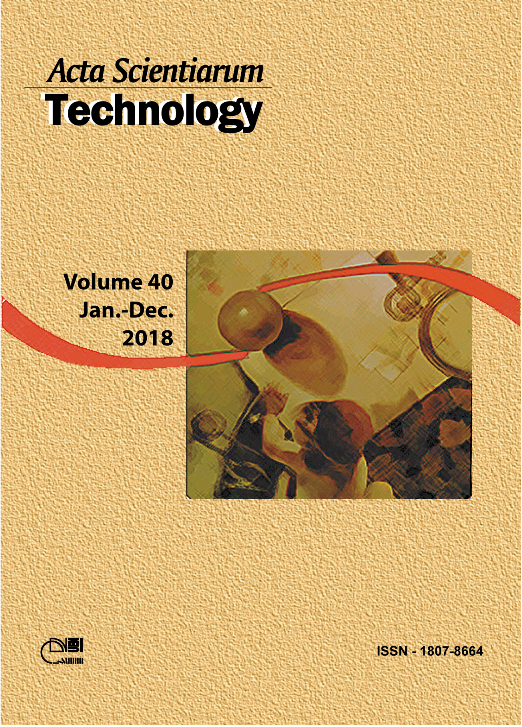<b>Consumer insight into the monosodium glutamate
DOI:
https://doi.org/10.4025/actascitechnol.v40i1.30838Palavras-chave:
basic tastes, sensory analysis, enhancer, salt, umami, sodium.Resumo
Â
The fifth basic taste called `umami´ was recently recognized by studies related to monosodium glutamate (MSG), and this has attracted attention for enhancing the flavor of foods and because it contains only one-third the sodium of table salt, being an important option for reducing sodium intake by the population. This study evaluated the holistic perception of consumers about the MSG through the modern sensory techniques Word Association and Cata (Check All That Apply). Also a paired comparison was applied to define the consumers´ gustatory perception. Two stimuli were applied on Word Association, one using the trademark Sazón/Ajinomoto and another containing only monosodium glutamate. In general, consumers associated MSG with salt, seasoning, meal and tasty. Age and stimuli caused different effects on the associations. Health-related terms were more related to older consumers. Cata results revealed the knowledge and consumption habits regarding MSG 79% of consumers perceived the umami flavor on the paired comparison.Â
Â
Downloads
Downloads
Publicado
Como Citar
Edição
Seção
Licença
DECLARAÇíO DE ORIGINALIDADE E DIREITOS AUTORAIS
Declaro que o presente artigo é original, não tendo sido submetido í publicação em qualquer outro periódico nacional ou internacional, quer seja em parte ou em sua totalidade.
Os direitos autorais pertencem exclusivamente aos autores. Os direitos de licenciamento utilizados pelo periódico é a licença Creative Commons Attribution 4.0 (CC BY 4.0): são permitidos o compartilhamento (cópia e distribuição do material em qualqer meio ou formato) e adaptação (remix, transformação e criação de material a partir do conteúdo assim licenciado para quaisquer fins, inclusive comerciais.
Recomenda-se a leitura desse link para maiores informações sobre o tema: fornecimento de créditos e referências de forma correta, entre outros detalhes cruciais para uso adequado do material licenciado.



















